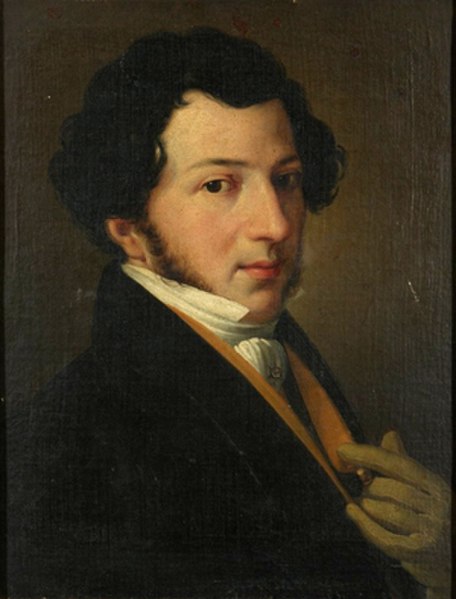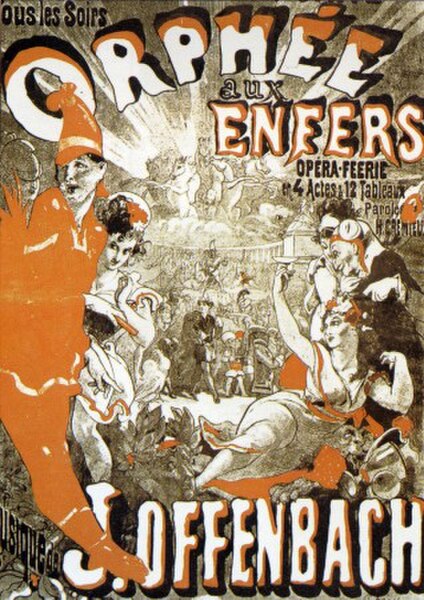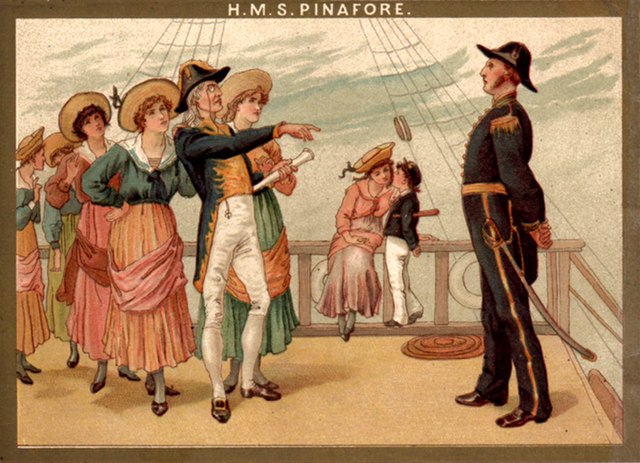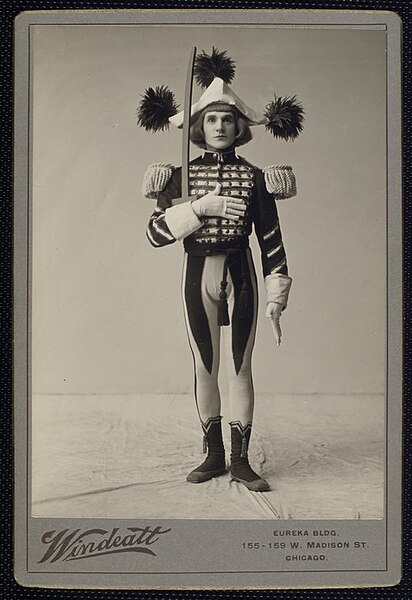Infinite photos and videos for every Wiki article ·
Find something interesting to watch in seconds
Great Cities
Largest Palaces
Celebrities
Kings of France
Tallest Buildings
History by Country
Largest Empires
Wonders of Nature
Great Artists
Ancient Marvels
Great Museums
Supercars
Crown Jewels
Recovered Treasures
Rare Coins
Countries of the World
Best Campuses
Famous Castles
Richest US Counties
Presidents
Animals
Wars and Battles
Orders and Medals
British Monarchs
World Banknotes
Sports
more top lists







